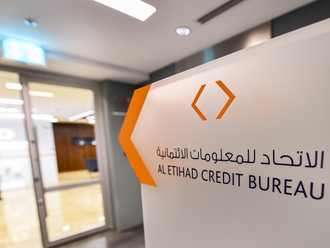In life we are all faced with annoying and complicated situations, like getting the car re-registered, fixing the internet or making health insurance claims. We stand for ages in queues, debate on the phone for hours and complete endless forms because we feel sure that the benefits out weight the complications.
So when opening a standard bank account, choosing a savings product or negotiating a mortgage it doesn't come as a surprise to be presented with an abundance of literature describing the terms, conditions, rules and penalties of the product. But have we all become so used to the detail that we don't read it anymore?
To be honest, I agree, it is often easier not to read the small print when it is littered with descriptions like APR, Capital, Term, Fixed interest and Fixed Term Deposit, all of which sound incredibly clever and confusing. Plus, most people don't carry a financial dictionary with them when they go to the bank. So frequently we choose to labour under the presumption that if something were important our bank would draw our attention to it, but this isn't always the case.
Transparency
Even in light of the global financial crisis, transparency is still not a high point on the personal banking agenda and worryingly many people leave the banking hall with only a limited understanding of the product they have bought.
So how can one get around the potential minefield of banking jargon and ‘make use of these preferential services'?...ahem.
Firstly you need to ask questions and make informed decisions about your needs, not the bank's. Secondly, if you don't understand a term or concept, ask more questions until it's clear. Furthermore, extend the line of questioning beyond just terminology by asking what the potential pitfalls are to the product. Perhaps go through a range of potential financial scenarios with them. Or in the case of a savings product, ask what the limit of the bank guarantee is.
Thirdly, take notes so that you can refer to your explanations and definitions as and when needed.
In order to take full responsibility for your transactions you must understand what you are agreeing to — after all, it's your money!
The writer is Head of Personal Banking for Lloyds TSB Middle East. Opinions expressed are his own.












